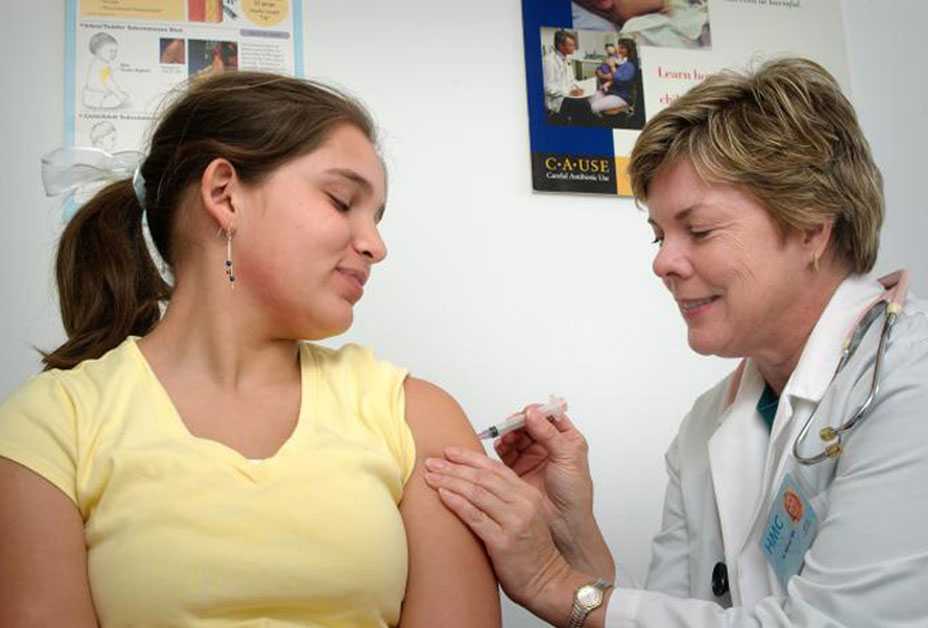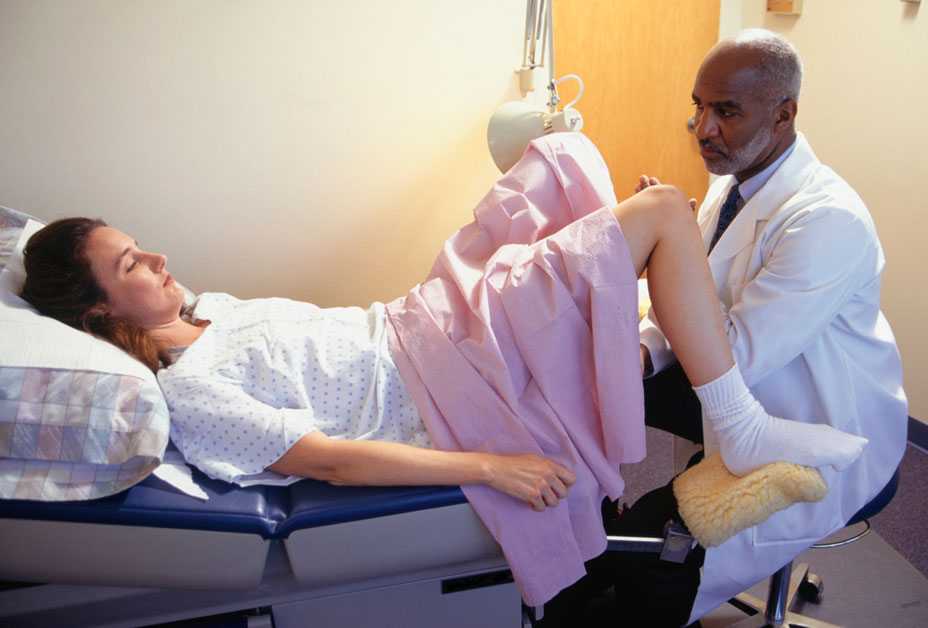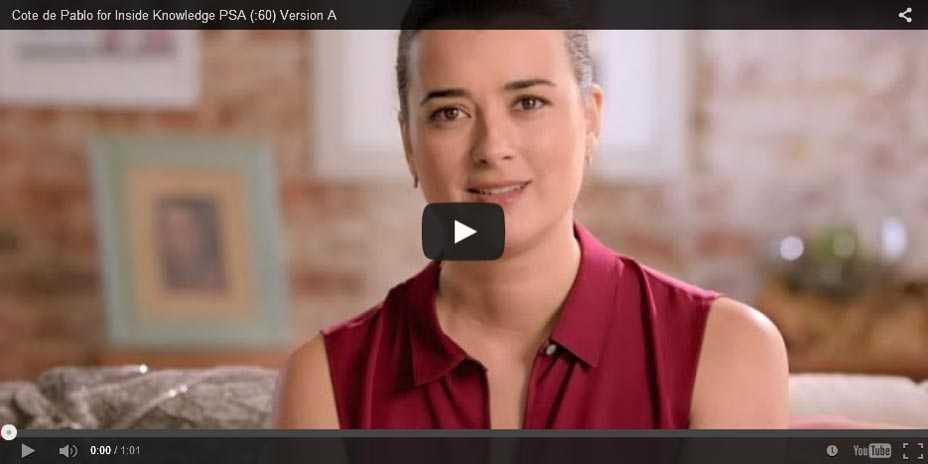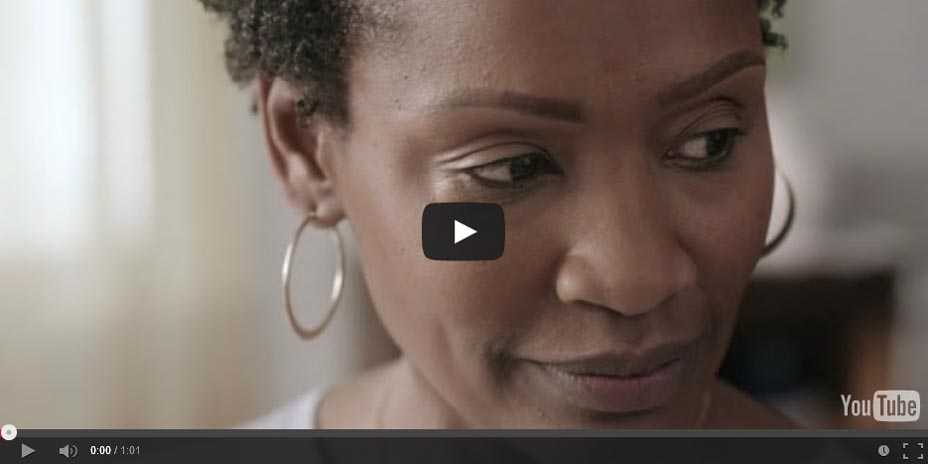Cervical Cancer
[sur-vi-kuh l] [kan-ser]

Most cervical cancers are caused by human papillomavirus (HPV), a common virus that is passed from person to person during sex. Two screening tests can help prevent cervical cancer. The Pap test looks for cell changes on the cervix that might become cervical cancer if they are not treated, and the HPV test looks for the virus that can cause these cell changes. HPV vaccines can protect women against the types of HPV that cause most cervical cancers. When cervical cancer is found early, it is highly treatable. The most important thing you can do to help prevent cervical cancer is to get screening tests regularly starting at age 21.
Quiz
Key Facts
- The most important way to help prevent cervical cancer is to get screening tests regularly starting at age 21.
- Most women don’t need a Pap test every year! If your test results are normal, you may be able to wait 3 years.
- HPV is the main cause of cervical cancer. Get kids vaccinated against HPV at age 11-12 to help prevent cervical cancer.
- Early cervical cancer may not cause symptoms. Advanced cervical cancer may cause abnormal vaginal bleeding or discharge.
- If your test results are not normal, talk to your doctor. Cervical cancer is highly curable when found and treated early.
Media
HPV Vaccine Podcast
Prevention Tips
- The most important thing you can do to help prevent cervical cancer is to get screened regularly.
- If you’re 26 years old or younger, get the HPV vaccine.
- Use condoms during sex.
- Limit your number of sexual partners.
- Don’t smoke.
- Page last reviewed: August 17, 2016
- Page last updated: August 17, 2016
- Content source:


 ShareCompartir
ShareCompartir



